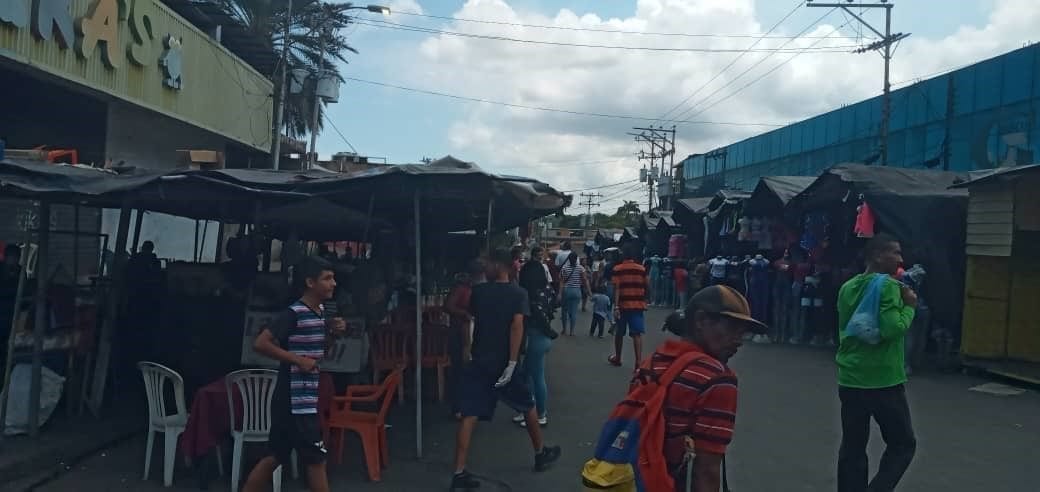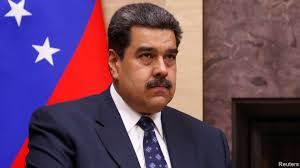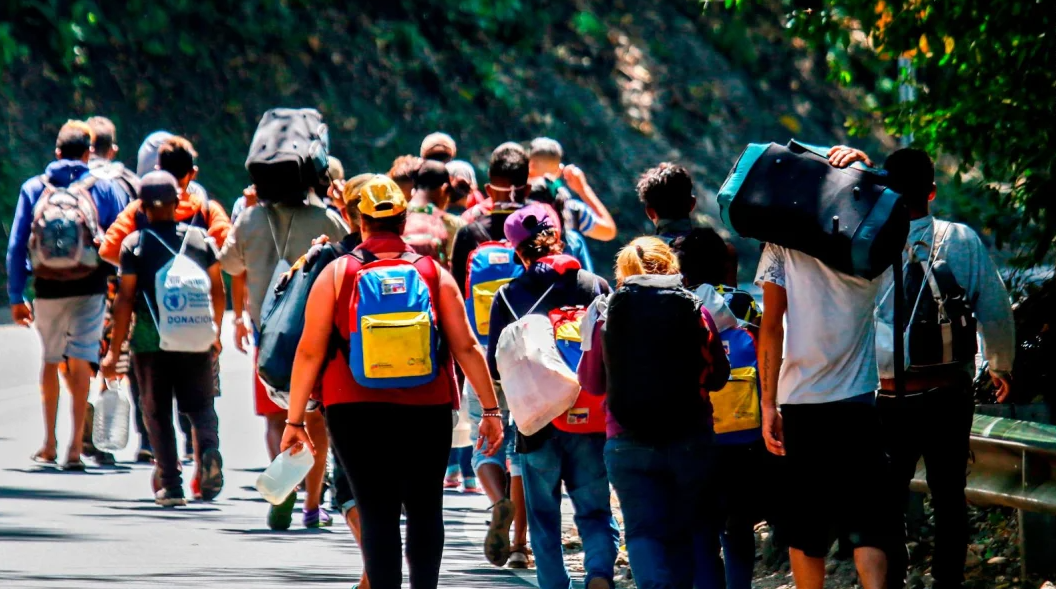We live in a world inundated by repetition and minutiae, and that’s ok, we can get used to it. We wake up, we eat, we work, we eat, we sleep, we wake up… and so on. That’s just the way it is. I was in the middle of another mundane day when out of the blue a friend that works with animals told me about a woman that’s doing some remarkable efforts as a conservationist and getting some (internationally acclaimed) results out of it.
That’s how I came about Maria Fernanda Puerto-Carrillo. She graduated in Biology from la Universidad del Zulia. It turns out that a woman from my hometown is doing something different, something exciting, she’s on a mission to study and save the wildlife in general and jaguars in particular, especially those located right here in Zulia, in the Ciénagas de Juan Manuel National Park.

The jaguar is the third largest feline in the world (after the tiger and the lion), and the largest in America. As a keystone species, jaguars have a disproportionately large effect on the environment, this means in simple terms that they’re an integral part to their surroundings, so protecting them is automatically protecting every other species that surrounds them. They’re quite elusive, incredibly hard to spot and therefore, incredibly hard to study… that’s without adding the whole “Venezuelan situation” to the mix.
The Juan Manuel National Park is in a remote location where most of the work of the Proyecto Sebraba, Puerto-Carrillo’s NGO project, takes place. Maria Fernanda and her team set up motion activated cameras in an extension of the park to hopefully capture images of the jaguars to collect data. By the way, the first official reports about the jaguar in this area were made by Maria Fernanda, making her a pioneer and her continued work very important.
Maria Fernanda told me about the jaguar’s diet, which includes an endemic type of galápagos turtle (another endangered species) and mammals like the capybara. We talk about the cameras and the kilometers she and her team have to encompass to place them and retrieve the data (over 30 km. to check 5 cameras in one day, and they require about 60 cameras to do a proper job, so the words “massive undertaking” comes to mind). We spoke about the efforts to educate the locals about the importance of the jaguar, something absolutely essential for her work to succeed. She talked, I listened, she ran the show with poise and passion at the same time.

And of course, we talk about “the situation”. This being Venezuela, she has to deal with some pretty surreal circumstances. Because the National Park is in a state (Zulia) bordering Colombia, Mafer is constantly in the presence of guerrillas, paramilitaries, the National Guard, and even pirates (yes, I said pirates). None of these are what you’ll call “good guys”. In a myriad of stories about these elements, the one that stuck with me was when Mafer told me about being chased for seven minutes by pirates (the most unpredictable and therefore the most dangerous in this gang of four). It’s incredible to think that you could be in a situation where you’re relieved to see the paramilitaries. The type of story that seems fun in fiction, not so much in real life.
In my conversation with Maria Fernanda, more than the details of her story (that without a doubt were pretty amazing), I was captivated by her eloquence, how knowledgeable she is in her field. This is a person that truly deserves everything good that’s happening to her, not because she’s in Venezuela and “oh poor us”, but because she’s truly walking the walk. She’s doing the job and getting the results, basically living life to the fullest.

There’s a particular milestone in this feel-good story of ours. For her efforts, Maria Fernanda has been awarded the 2020 Future for Nature Award. This is a very big deal. Due to the pandemic she will be receiving virtually this most prestigious of awards on October 30th. There were 124 postulations for the Future for Nature Award in the 2020 period from all over the world, and Maria Fernanda Puerto-Carrillo, after knowing that she was in the 8 finalists shortlist, knew on March 12 that she would be one of this year’s three recipients. Oh, by the way, the news about her amazing achievement came on March 12, the same day COVID 19 officially appeared in Venezuela, just when she had a reason to hug everybody.
I started by pointing out the repetitive nature of our daily lives for a reason. When I least expect it, something is pointed out at me that makes me think I’m not looking hard enough for those things that make us, the human race, special. Throughout life I always keep coming back to the movie Adaptation. There’s a line towards the end where Brian Cox’s character furiously says (when Charlie Kaufmann argues that nothing happens in life) “… People find love, people lose it. For Christ sake a child watches her mother beaten to death on the steps of a church! Someone goes hungry, somebody else betrays his best friend for a woman. If you can’t find that stuff in life, then you my friend don’t know crap about life!”

Life is repetitive, but it can be wonderful. Particularly when human beings in the most unlikely of circumstances decide to take on the most difficult of challenges, and amazingly for pretty much selfless reasons that lend a hand to those who can’t help themselves, even when they’re another species altogether. Mafer Puerto-Carrillo (without wanting to put pressure on her) is a perfect example of what we can achieve as humans. In a country where even finding drinking water is a challenge, she and her team decided to dedicate themselves to the conservation of the majestic jaguars. I for one feel better and am happy to be reminded of the wonders of adaptation.





